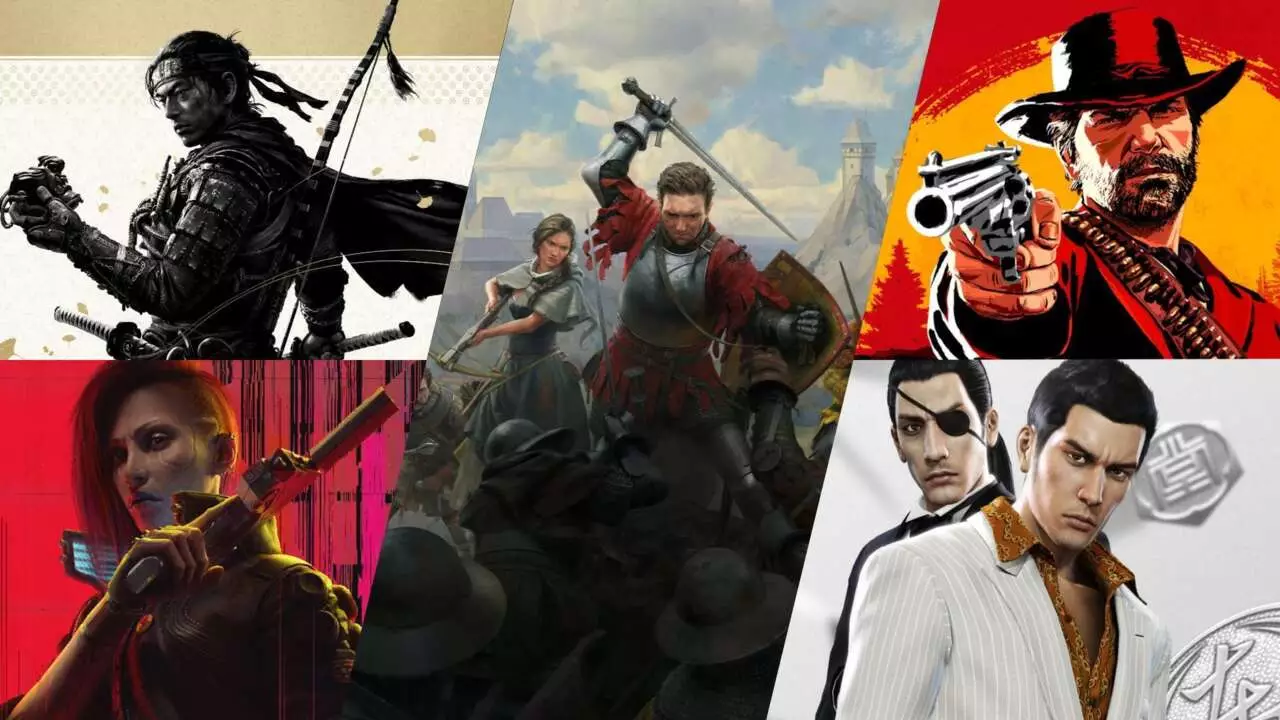The essence of open-world gaming lies in its ability to grant players the freedom to roam vast landscapes, uncover hidden treasures, and carve their unique narratives. Unlike linear games that often box players into a singular path, open-world titles transform the gaming experience into an expansive playground. This genre transcends traditional gaming boundaries, allowing for a fusion of various gameplay styles from RPGs to action-adventures, racing, and stealth, all immersed in intricately designed worlds. It’s this allure of exploration that beckons players to abandon the constraints of conventional gaming.
Evolution of the Genre: From Classic to Modern
Open-world gaming has evolved dramatically, fueled by advances in technology and develops in game design. Classics like “The Legend of Zelda: Ocarina of Time” and “Grand Theft Auto: Vice City” laid the groundwork for what would become a thriving genre. However, recent titles such as “The Witcher 3: Wild Hunt” and “Elden Ring” redefine expectations with their rich storytelling, dynamic characters, and immersive environments. The availability of more powerful hardware has enabled developers to create larger, more intricate worlds that invite deep engagement and foster a sense of true immersion. With each new release, players find themselves part of meticulously crafted universes, where every corner can hold a new surprise.
Character Progression and Player Agency
One hallmark of compelling open-world games is the aspect of character progression. Players invest time into enhancing their avatars, gaining skills, and evolving through choices that significantly affect gameplay and interactions within the world. This depth of character development enhances the overall experience, allowing players to form emotional connections with their characters and the game’s story. Decisions transcend mere combat mechanics, intertwining seamlessly with allegiances, dialogues, and story arcs, giving players a sense of ownership over their journey that few other formats can provide.
Diverse Genres and Inclusive Experiences
While the RPG is often the poster child of the open-world genre, we must celebrate the remarkable diversity of games that embrace this format. Titles like “Forza Horizon” show that racing can, indeed, include open-world elements, enabling players to explore beautiful landscapes at high speeds. Similarly, stealth games such as “Watch Dogs” invite players to engage within a sprawling urban environment where creativity and cunning are only limited by one’s imagination. This genre inclusivity broadens the audience for open-world gaming, inviting varied demographics to share in the adventure.
Community and Shared Experiences
Open-world games foster not only a sense of exploration but also community. Players often share tips, tricks, and experiences, creating a culture of camaraderie amongst gaming enthusiasts. Whether through forums, social media, or live streaming platforms, openness in these games encourages players to band together, forging new friendships rooted in shared adventures and challenges. The impact of these experiences extends beyond the game itself, creating lasting memories within the gaming community, thus enriching the overall experience.
Embracing the vast potential of open-world gaming allows both developers and players to revitalize the landscape of interactive entertainment, paving the way for an exciting future ripe with creativity and endless opportunities.


Leave a Reply